Choosing an experienced accountant to handle your business’ finances can put your mind at ease. You can be confident that we will be able to save you time and offer a comprehensive and effective service.
Accounting services with expert sole trader services
TaxAssist Accountants provide comprehensive support throughout every stage of establishing and managing your self-employed business. We facilitate essential accountancy needs and expert tax advice aimed specifically at you.
Our accounting solutions
Our experienced team can take care of your personal and business finances for you as a sole trader, giving you valuable time back to work on growing your business. We can empower you to take control of your finances while we’re working on the compliance of your accounts, tax, bookkeeping. Our online software solutions give you instant and easy access to up-to-date information about your finances 24/7.
We can also offer a wide range of additional advisory services to help you and your business achieve more.
Why choose our accounting service?
From bookkeeping to submission of self-assessment tax returns, we can help you take care of it all:
- Bookkeeping and management accounts: An efficient online approach to recording and storing your financial records.
- Register with HMRC: We can register you and your business with HMRC
- Accounts preparation: Accurate and comprehensive accounts preparation giving you the information to make decisions for your business
- Tax return preparation: Preparation of your self-assessment tax returns to meet your obligations with HMRC
- Meeting deadlines: Ensuring your tax return and any other financial obligations are met on time.
- Tax planning advice: Offering additional ad-hoc tax planning opportunities to ensure you businesses maximises its tax savings.
- Cashflow and budgeting: Preparation of cashflow forecasts and constructing budgets to allow you to plan how your business will succeed.
Get in touch
Let us save you time and money by taking care of your finances for you so you can focus on growing your business. Call us today on 0800 0523 555 or use our online enquiry form.
Join us in three easy steps

Get in touch
Arrange a free consultation in person or via video with your local accountant. It’s an informal chat to get to know you and find out more about the help you are looking for.

Chat to an expert
We clearly explain the support available to you and are happy to act as business advisors in order to help you grow your business.

Get a fixed quote
Our fees are fixed and tailored specifically to each individual's needs, so that you only pay for the level of support and services that you require.
Choose the right accounting firm for you
Running your own business can be challenging so why not let TaxAssist Accountants manage your tax, accounting, bookkeeping and payroll needs? If you are not receiving the service you deserve from your accountant, then perhaps it’s time to make the switch?

Local business focus
We specialise in supporting independent businesses and work with 80,423 clients. Each TaxAssist Accountant runs their own business, and are passionate about supporting you.

Come and meet us
We enjoy talking to business owners and self-employed professionals who are looking to get the most out of their accountant. You can visit us at any of our 409 locations, meet with us online through video call software, or talk to us by telephone.

Switching is simple
Changing accountants is easier than you might think. There are no tax implications and you can switch at any time in the year and our team will guide you through the process for a smooth transition.
See how TaxAssist Accountants can help you with a free, no obligation consultation
